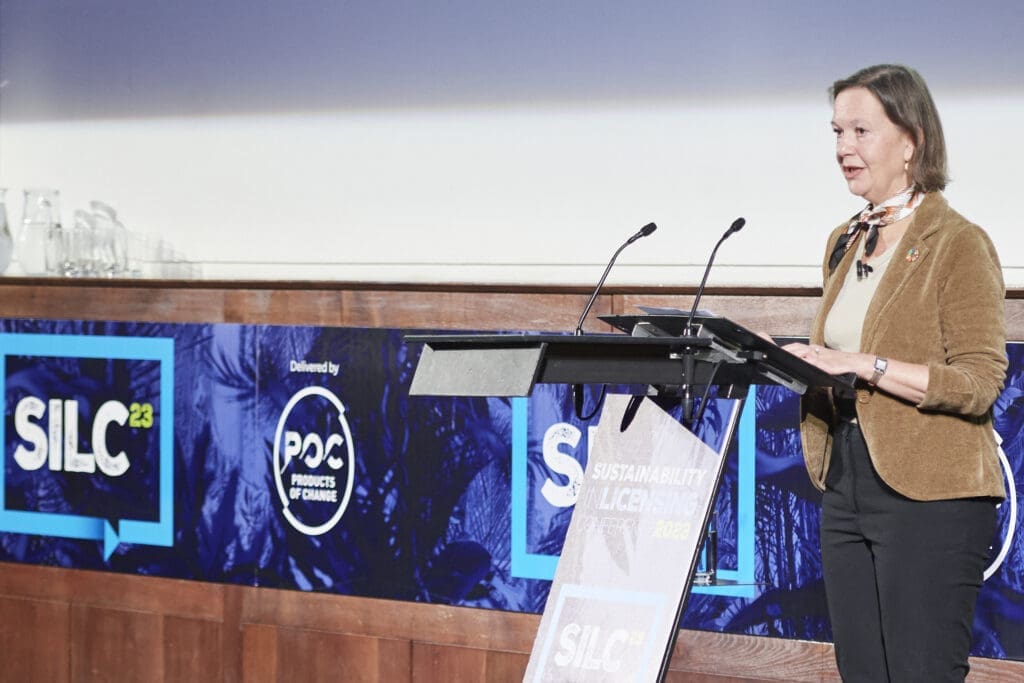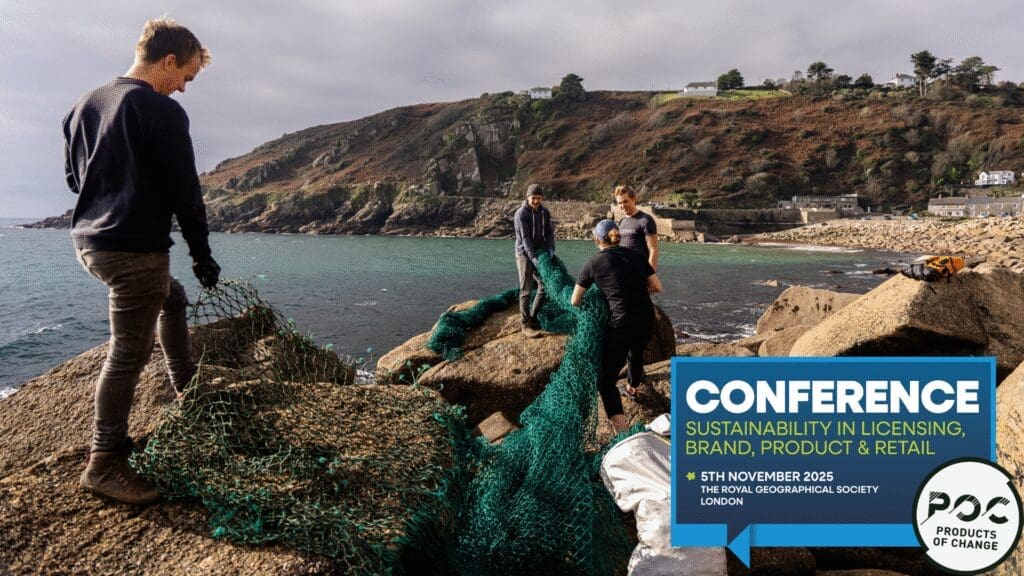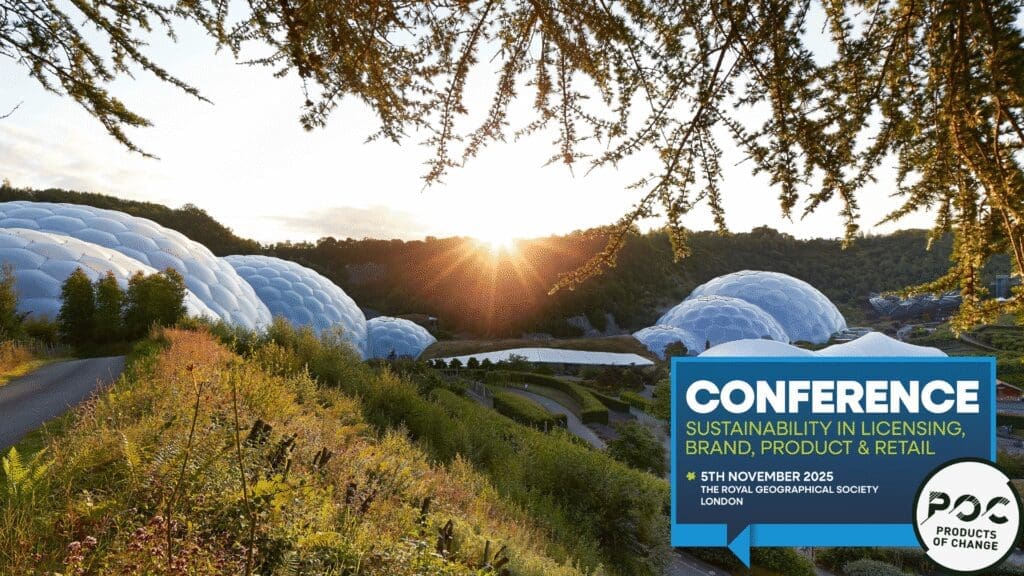Last month, the Royal Horticultural Society partnered up with the Wildlife and Birdcare Nature Recovery Project (WBC) to embark on a special project that would enable people to encourage and support the wildlife found in their back gardens.
The collaboration, which launched with a collection of RHS wooden habitats for birds, insects, and wildlife, gave life to RHS’ Supporting Nature range, a collection that – introduced at Spring Fair this year – places sustainability, biodiversity, and social impact at the very heart of its ambition.
What is the ethos behind the RHS Supporting Nature range and why is now the right time for the launch?
Cathy Snow, licensing manager at the RHS: The licensing team has long wanted to develop an RHS collection for gardeners who want to encourage and support wildlife, but finding the right partner hasn’t been easy.
Our aim was to find something that genuinely aligned with our emphasis on sustainability and – where possible – British craftsmanship. So, when we became aware of the Wildlife and Birdcare Nature Recovery Project (WBC), headed up by Sammy Holman, we became very interested.
We began meeting up to discuss launching and RHS-licensed range of products that put wildlife first, used UK FSC-sourced wood treated with wildlife-friendly preservatives that looked great without being price prohibitive. And it all went very well – there was an instant understanding of what we wanted to achieve.
I was also delighted that the RHS would be working with a Community Interest Company (CIC) – a not-for-profit organisation that provides work opportunities for people with learning disabilities. In fact, as a Department for Education (DfE) recognised and licensed training provider, WBC teaches industry skills to young people who are in their last year of SEN college.
Which is fantastic, and what a superb basis of a collaborative partnership. So, this is the latest move from RHS to start bridging the gap between ‘licensed product’ and ‘environmental action’. That must be a fascinating space to work in?
Cathy: The RHS licensing team is so lucky to be supported by an amazing science and advisory team that includes many experts in best environmental practices, but we’re still learning of course.
Within the licensing team, we are growing our planet-friendly knowledge all the time. This helps us ask the right questions when we develop any product. The ‘nurturing nature’ principle applies to all product development and the way we work with our licensees through sustainable manufacturing, reducing carbon footprint, using reusable energy in the manufacturing processes, and supporting local communities and community projects where we can.
And how are these principles then applied to the Supporting Nature collection with WBC?
Cathy: To develop the collection, we have had extensive talks with wildlife experts – while drawing on our own experiences – to create fit-for-purpose nest boxes and insect and hedgehog habitats.
WBC suggested using larch as this is a strong wood that is able to withstand changing wet and dry environments, making it ideal for the UK climate. We added predator rings to the smaller nest boxes and made sure each box had a removable panel so they can be cleaned at the end of the summer and tidied up to be used again the next year. Birds often return to the same place to nest again, so this was important.
What great ways to enable your audiences to engage with wildlife in their back gardens. How else is the RHS reducing environmental impact when it comes to product development?
Cathy: It’s always been important to us, but this year in particular we have started a major project to look at and strengthen our sustainable practices within our own retail and through all our licensed product development and manufacture.
For instance, we review packaging with our licensees and challenge them to ensure it is recyclable, as plastic-free as possible, and can be repurposed. We check our carbon footprint and have a balanced programme where we offer customers the choice of a UK manufacturing licensee where we can.
We ask our licensees to use recycled materials where possible and we check their supply chains for environmental practices and sustainability. It’s a huge undertaking and we are learning all the time. But if we are not happy with a product’s provenance, we won’t add it to our portfolio.
Equally, if something that was suitable a few year ago, but now isn’t, we will remove it and look for a more sustainable alternative.
Which is all so encouraging to hear of the responsibility you are adopting, particularly for a brand recognised by so many as an authority on the subject of the outdoors… So, what’s next for the RHS Supporting Nature brand?
Cathy: We’re already thinking about phase two products and beyond. We want to encourage children and families to learn more about nature and the natural world in gardening and how was can all encourage wildlife to flourish – whatever size outdoor space we have. So, every new product will be carefully thought through and designed with Sammy and her team, ensuring they are supporting and nurturing nature.




